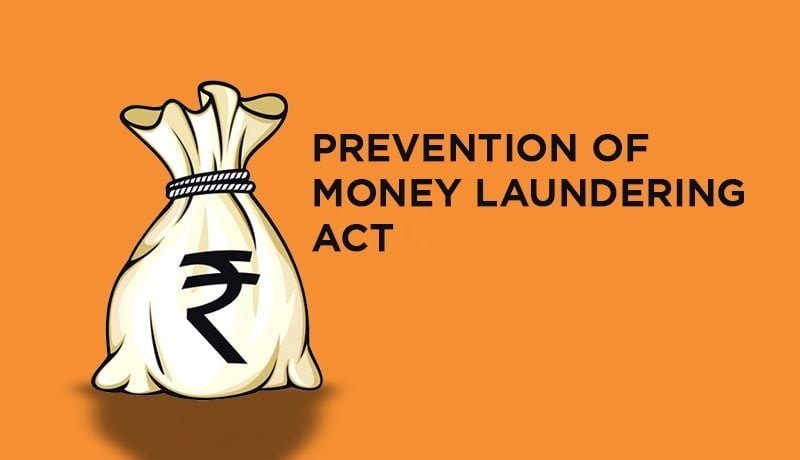NEW DELHI
The Narendra Modi government has recovered $1.8 billion from fugitives and economic offenders and attached $12-billion worth assets under the Prevention of Money Laundering Act (PMLA) since 2014, said government sources, underlining the success achieved in the formation of a G20 Anti-Corruption Working Group (ACWG) committee that will formulate common parameters that would be acceptable to all nations while dealing with such offenders.
“Now, there is consensus on non-conviction-based confiscation of assets” of economic offenders and fugitives, said a source, pointing out that the United States, China and even the European Union have endorsed this line of approach, fine-tuned during India’s presidency of G20.
“India is confronted with the issue of fugitives but law is usually different in the land where the offenders take refuge. The fugitives also park their money in safe countries. India favours that a consensus be reached at G20. We want to convince all nations that it is not just an India-specific issue, but even they will also face similar problems,” said a government source.
“Initially, all the countries were not keen, but they gradually agreed with India’s views,” the source said. “Now, a committee will formulate a set of rules that will prevail regardless of the law prevailing” in the country where a fugitive has taken refuge, he said.
Under India’s G20 presidency, ACWG has been able to achieve significant progress on anti-corruption cooperation regarding action against fugitive economic offenders and the return of assets, guided by the Nine Point Agenda for Action Against Fugitive Economic Offences and Asset Recovery, presented by Prime Minister Narendra Modi to G20 nations in 2018, the source said.
During G20 committee meetings, a call from India for the greater need for research on impact of corruption on different genders was also received well by participants. “A food for thought has been given and highlighted,” said an Indian representative, adding that research-backed evidence was shared so that future presidencies can achieve fruitful outcomes.
“Women experts were involved for discussion on livelihood and impact of corruption… the best practices of India, Indonesia, Brazil and China were also shared,” said an Indian representative, adding that India can take credit for initiating the debate on the issue as this aspect was flagged by a top Indian government official.
Just days before the G20 Summit, sources close to Indian representatives in the Science Working Group S20 said that the country’s prowess in the fields of science and technology and space has helped India emerge as a sought-after nation for cooperation.
The space economy of the nation has also grown to touch $8 billion and there are projections that it might touch $40 billion by 2040. “After regulations were removed by the Modi government, to facilitate greater private participation, the number of start-ups in the space sector grew from four in 2019 to 150 now,” said Jitendra Singh, Minister of State (Independent charge) for the Ministry of Science and Technology, on the sidelines of an event.
He also shared India’s achievements in the field of quantum computing, supercomputers, cyber systems and the progress made by the National Research Foundation. Singh said the success of Chandrayaan-3 may also be highlighted during the G20 Summit. “After sending Chandrayaan to the moon, the government is committed to sending a man in space and simultaneously, we are planning to send a man to the seabed which is 5,000-6,000 metres deep, as part of a deep-sea mission,” Singh said.

